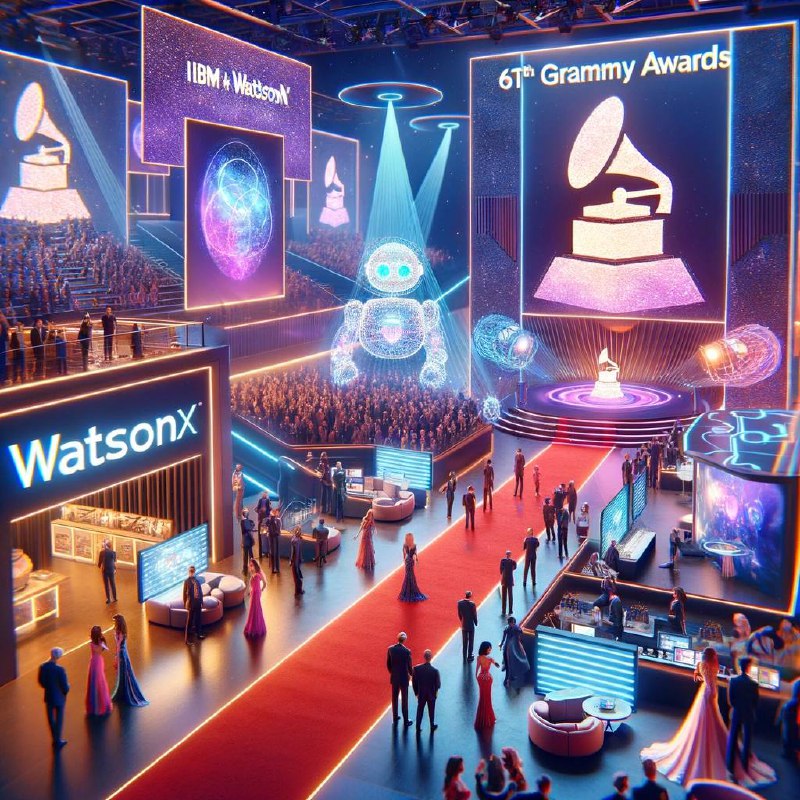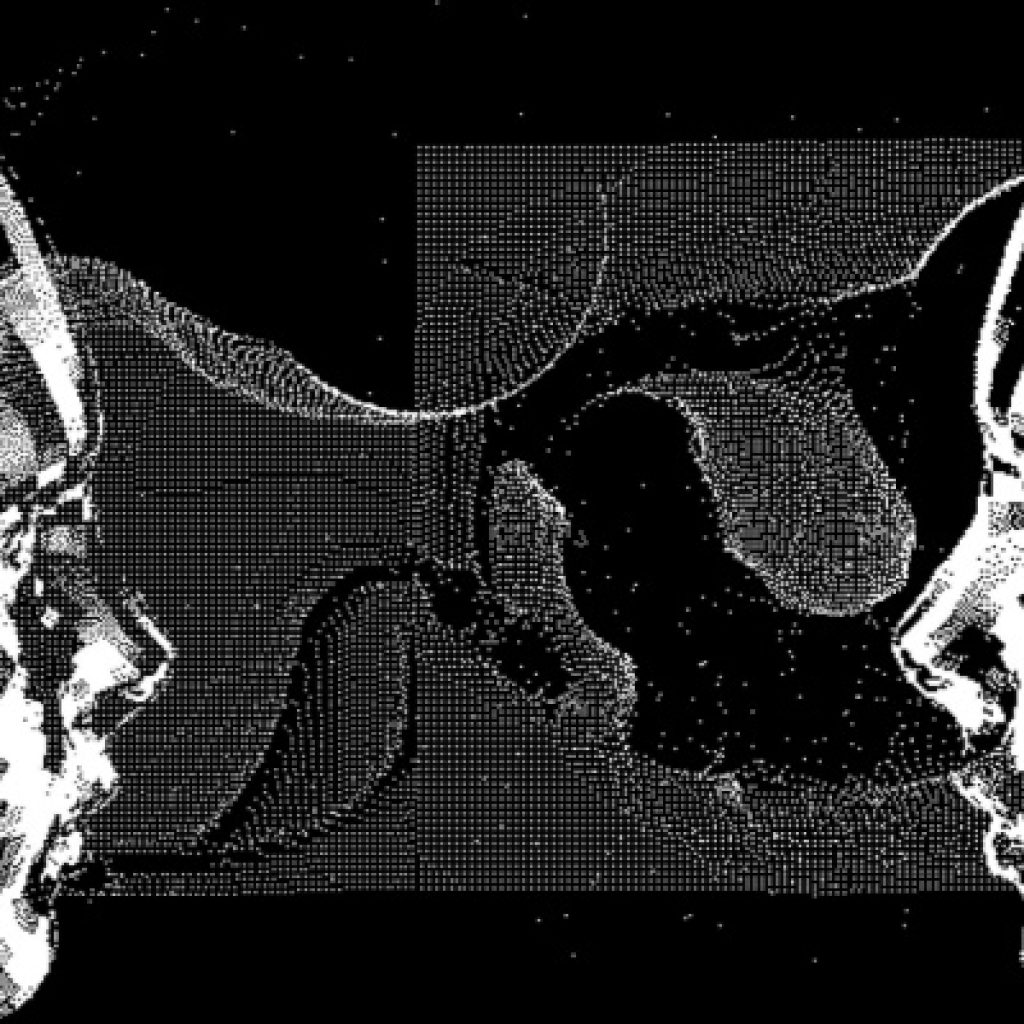In a groundbreaking collaboration between The Recording Academy and IBM, the 2024 Grammy Awards will see the integration of generative AI technology to enhance the event’s digital experience. The initiative, named “AI Stories with IBM Watsonx,” will introduce AI-generated content across various social channels during and before the prestigious awards ceremony, including text, images, animations, and videos. With a unique focus on empowering music enthusiasts, the partnership aims to offer fans the ability to create their own AI-generated content.
AI-powered content creation
The “AI Stories with IBM Watsonx” tool is set to revolutionize content creation for the 2024 Grammy Awards. It will leverage generative AI to produce a wide range of content, from text to multimedia, drawing inspiration from real-time news and diverse sources. The integration of AI technology will enable The Recording Academy’s editorial team to develop engaging content while also enabling fans to contribute their AI-generated creations through a dedicated widget on the Grammys website. Additionally, the website will provide live streaming of the awards ceremony and comprehensive day-of coverage.
The AI Stories project utilizes a wealth of training data, including The Recording Academy’s historical content, artist pages, Wikipedia profiles, and publicly available articles related to music and the Grammys. This extensive dataset empowers the AI to create dynamic and relevant content in real time.
Ray Starck, Vice President of Digital Strategy for The Recording Academy, emphasized the importance of staying agile in the fast-paced music industry, citing the millions of news articles at their disposal. He stated, “Everything moves so fast,” highlighting the need for AI to assist in identifying trending topics and opportunities within the industry.
Balancing AI with human oversight
To ensure accuracy and relevancy, The Recording Academy and IBM will incorporate human oversight into the AI-powered content creation process. This proactive approach will allow for updates based on breaking news during the Grammy Awards ceremony, maintaining the integrity of the content while benefiting from AI’s capabilities.
The partnership between The Recording Academy and IBM seeks to experiment with generative AI while protecting intellectual property rights. By developing pre-generated prompts for AI content creation, they aim to mitigate potential risks associated with AI outputs and intellectual property concerns. This strategic approach ensures that AI complements the editorial team’s efforts to enhance research and content creation.
Impact on the music industry
The integration of generative AI into the Grammy Awards content creation process reflects the broader impact of AI technology on the music industry. While AI has the potential to revolutionize music creation and distribution, it has also raised concerns about copyright infringement. Last year, Universal Music and other music publishers filed a lawsuit against Anthropic, alleging copyright violations related to AI models trained with copyrighted lyrics.
The Recording Academy’s approach to AI-generated music aligns with the evolving landscape of AI in the music industry. CEO Harvey Mason Jr. stated that artists using AI, such as for voice or instrument augmentation, could be eligible for Grammy nominations if they can demonstrate that a human creatively contributed to the process. This approach acknowledges AI’s role as a creative tool while maintaining the importance of human creativity in music production.
A seven-year partnership
The integration of IBM’s WatsonX platform and Meta’s open-source Llama 2 large language model has resulted in the development of AI Stories. This innovative tool utilizes a retrieval augmentation generation (RAG) process to guide the AI model in sourcing data from music-focused references. IBM also employed few-shot learning techniques to train the AI model with limited data, ensuring accuracy in content generation.
Creating a tool that balances creativity with accuracy posed a significant challenge. Aaron Baughman, an engineer and inventor at IBM, explained the process using a liquid analogy, emphasizing the importance of prioritizing data sources based on the content required. This approach ensures that the AI model generates content that is both creative and factually accurate.
The collaboration between The Recording Academy and IBM represents a seven-year partnership that continues to evolve. It also marks the first instance of the Academy using a large language model to create AI-generated content. While the financial terms of the agreement remain undisclosed, both parties have committed to mutual investments to facilitate the project’s success.
Noah Syken, IBM’s Vice President of Sports and Entertainment, highlighted the importance of understanding audience engagement and tailoring information delivery to various demographics. He emphasized the need to adapt the AI model to resonate with different age groups and contextual preferences.
The Recording Academy’s partnership with IBM to integrate generative AI into the 2024 Grammy Awards represents a significant step toward leveraging AI for content creation in the music industry. The “AI Stories with IBM Watsonx” tool promises to enhance the digital experience for both the Grammy Awards audience and music enthusiasts worldwide. By balancing AI with human oversight and addressing copyright concerns, this initiative paves the way for the future of AI-powered content creation in the music industry.





